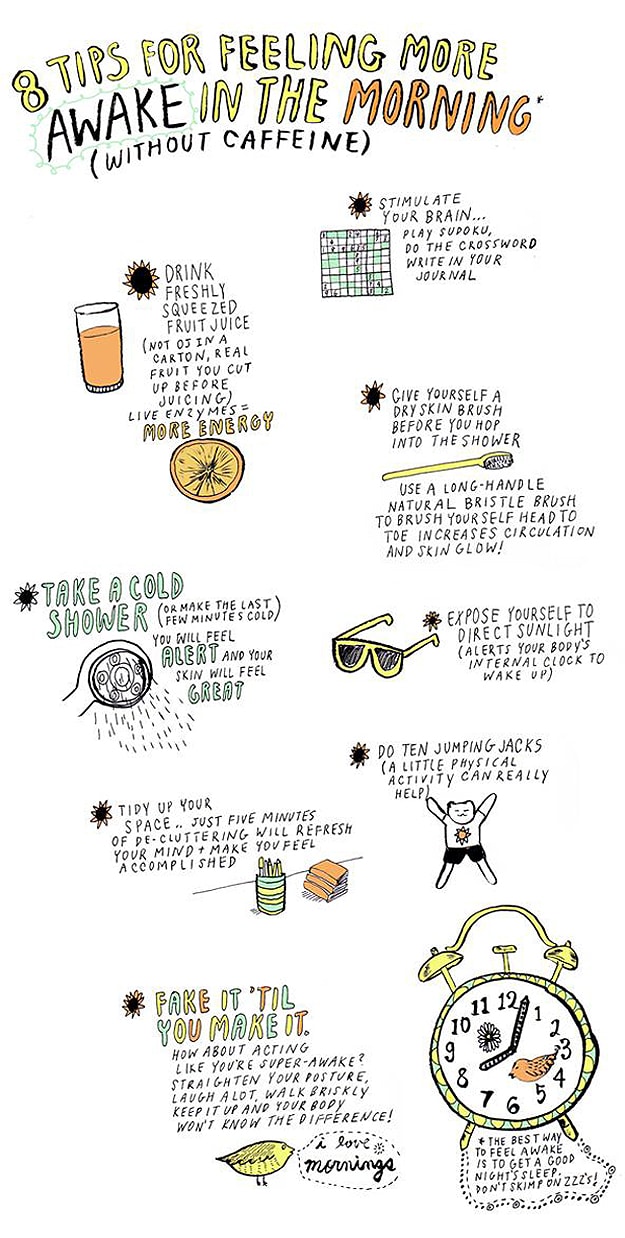

- MEDICINE THAT HELPS YOU STAY AWAKE HOW TO
- MEDICINE THAT HELPS YOU STAY AWAKE TV
- MEDICINE THAT HELPS YOU STAY AWAKE FREE
- MEDICINE THAT HELPS YOU STAY AWAKE CRACK
If your fatigue and sleeplessness continue talk to your health care provider for guidance.įind an in-network doctor, dentist, or facility Make sure to aim for quality rest, as a general rule.

When you’re at work and need to stay awake, give these tips a try. Key areas include: the back of your neck, between your thumb and index finger, behind your knees and just below the balls of your feet. You can give yourself a jolt of energy by lightly massaging select pressure points on your body.

A change of scenery is also likely to reduce fatigue by inspiring new ideas and even sparking creativity. It can also distract you and take your mind off feeling tired.Ī walk can help bring blood flow to your muscles and wake them up.
MEDICINE THAT HELPS YOU STAY AWAKE CRACK
Focus your mind on something else by talking with a friend or co-worker.Ī warm room can make you tired, and a cool room does the opposite! Crack a window for a refreshing breeze to keep your blood flowing and your energy level up. One of the best ways to stay awake is to do so with others. Get up and move around during your break to get your blood flowing. The variety will help you stay awake longer, and may make you more productive.
MEDICINE THAT HELPS YOU STAY AWAKE HOW TO
If you’re experimenting with how to stay awake at work, try interrupting boring or uninteresting tasks by working for 25 minutes at a time, followed by a 5-minute break. Interrupt your work routine with regular breaks It causes blood sugar spikes – which is a spurt of high energy followed by very low energy, which can leave you feeling sleepy. But it’s actually best to avoid sugar when you’re tired. If you have a headache from too much caffeine, fluids can help relieve it.Ī splash of cold water over your face will draw your circulation upward, toward your head, temporarily renewing your energy, making you feel more awake.Įating sugar is often thought to be one of the best ways to stay awake. Fluids help your circulatory system and get your blood flowing. A good way to stay awake without caffeine is to drink low or no calorie fluids, such as water or herbal tea. While coffee or tea can help jumpstart your day, too much can dehydrate you or make you restless.
MEDICINE THAT HELPS YOU STAY AWAKE TV
And limit use of smartphones, computers, and the TV before bedtime Digital devices like these can stimulate your mind and keep you awake instead of asleep.
MEDICINE THAT HELPS YOU STAY AWAKE FREE
1Ĭonsider your usual night’s sleep: do you sleep like a rock, or do you wake up throughout the night? If you wake up a lot, make sure your sleeping environment is free of lights, sounds and changes in temperature. Learning how to keep yourself awake following a night of lost sleep, requires you to learn which of the following methods your body best responds to. 2021 doi:10.5664/ though you may have had a sleepless night, you may still need to have a productive day. Treatment of central disorders of hypersomnolence: An American Academy of Sleep Medicine clinical practice guideline. Hypersomnia evaluation, treatment and social and economic aspects. Idiopathic hypersomnia and hypersomnolence disorder: A systematic review of the literature. Efficacy and safety of modafinil in patients with idiopathic hypersomnia without long sleep time: A multicenter, randomized, double-blind, placebo-controlled, parallel-group comparison study. Practice parameters for clinical use of the multiple sleep latency test and the maintenance of wakefulness test. Safety and efficacy of lower-sodium oxybate in adults with idiopathic hypersomnia: A phase 3, placebo-controlled, double-blind, randomized withdrawal study. Idiopathic hypersomnia and other hypersomnia syndromes. Genetic and Rare Diseases Information Center. This test is generally conducted the day after a polysomnogram. You are given multiple daytime nap opportunities and during these naps, measurements show the types and stages of sleep you go through. A polysomnogram monitors your brain activity, eye movements, leg movements, heart rate, breathing functions and oxygen levels as you sleep. In this test, you stay in a sleep center overnight. You log your daily sleep and wake times to help show your sleep patterns and how much you sleep. Your provider may ask you to keep a sleep diary. Your health care provider may ask you to rate your sleepiness with this tool to help determine how sleep affects your daily life. These may also help diagnose idiopathic hypersomnia: For a diagnosis of idiopathic hypersomnia, you must have experienced daily excessive sleepiness for at least three months. It's important to discuss your family history and what medicines you're taking.


 0 kommentar(er)
0 kommentar(er)
